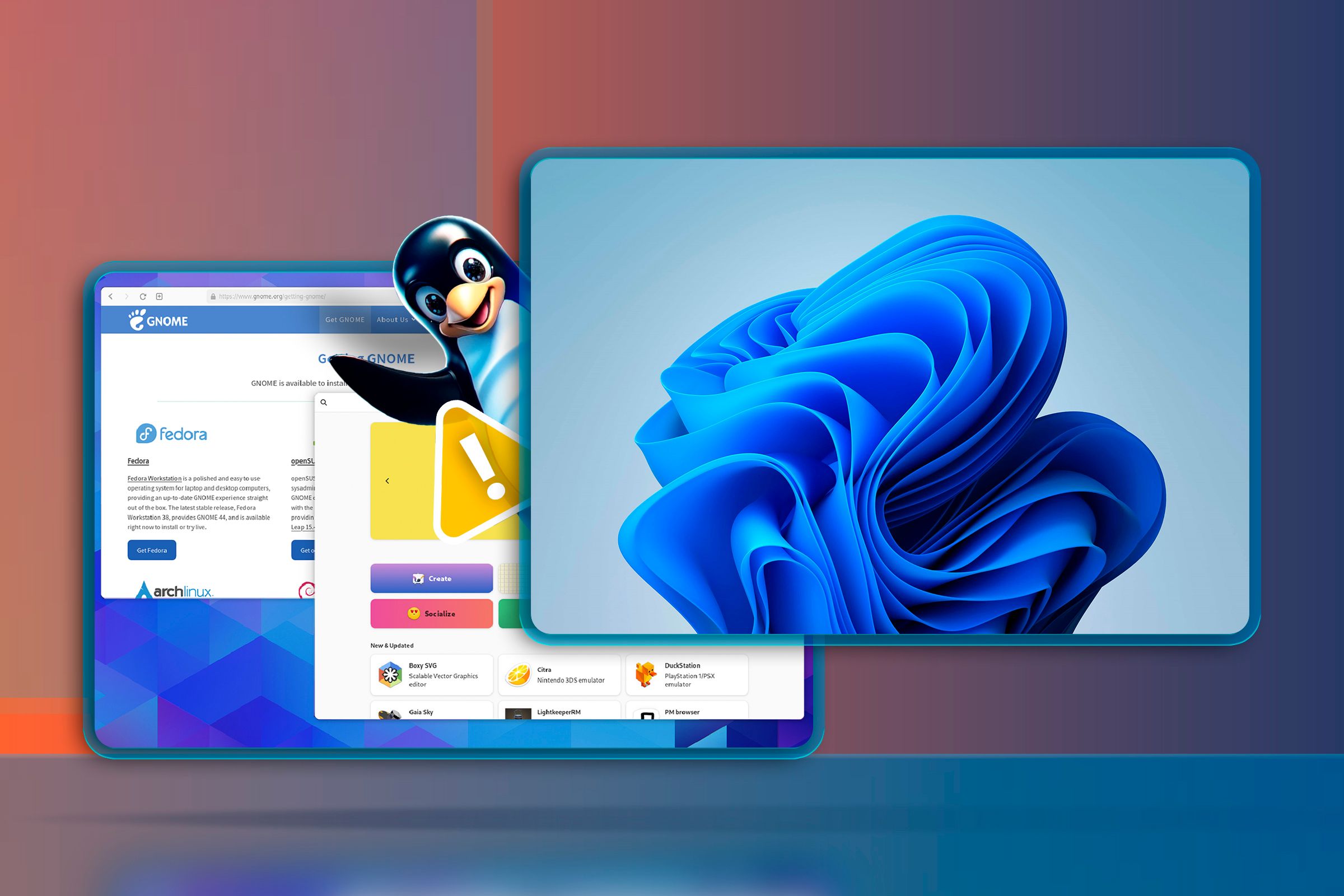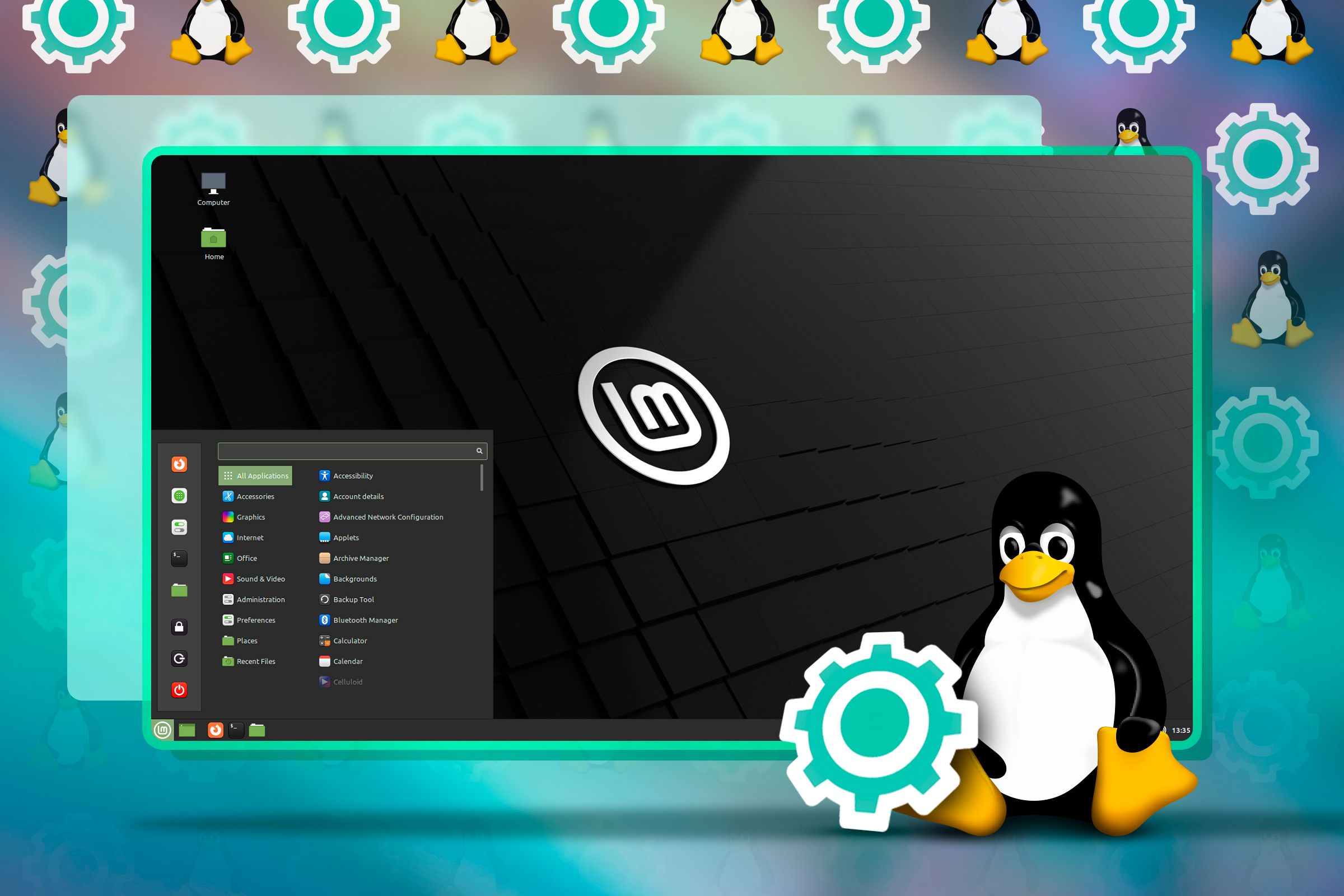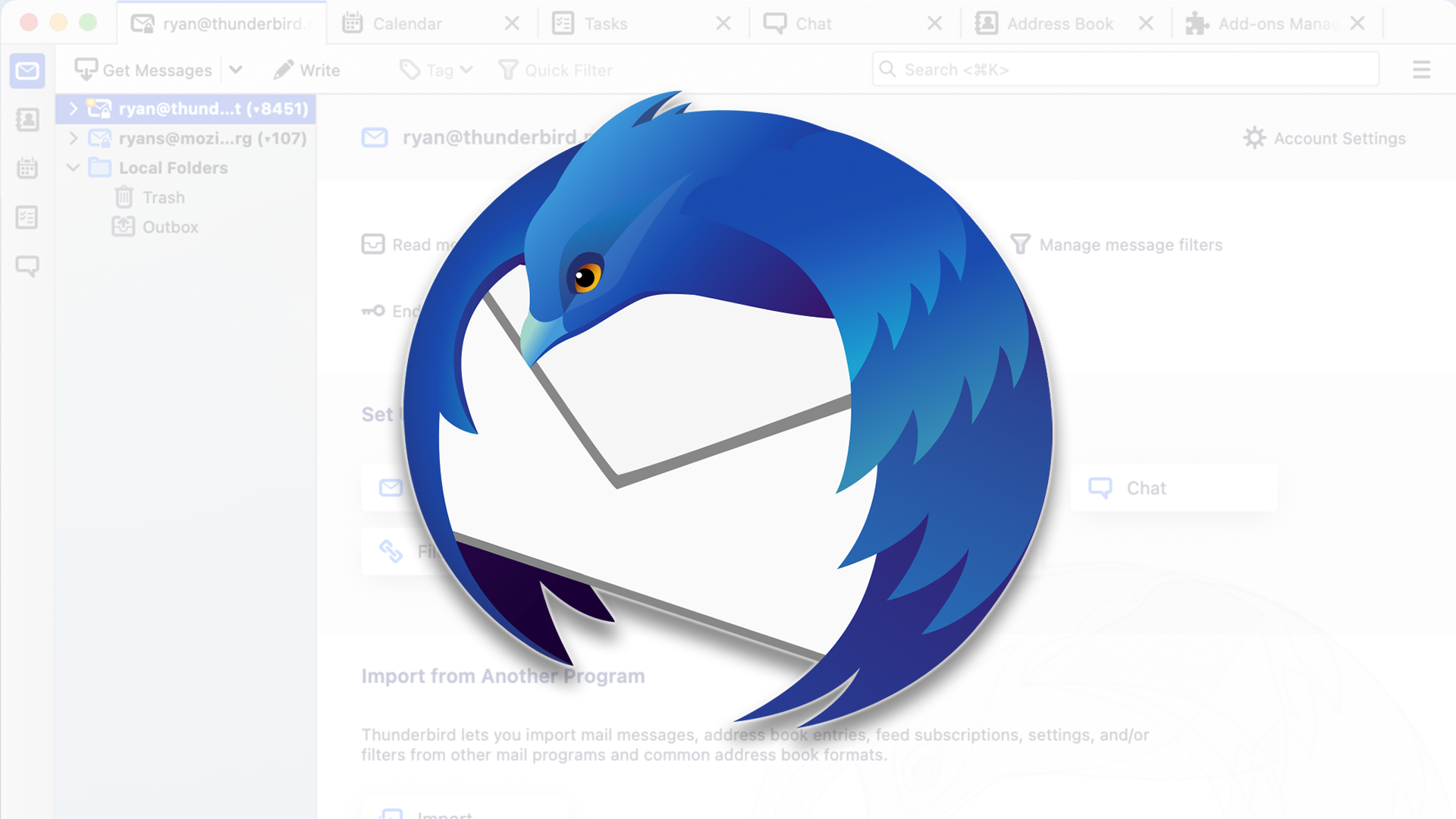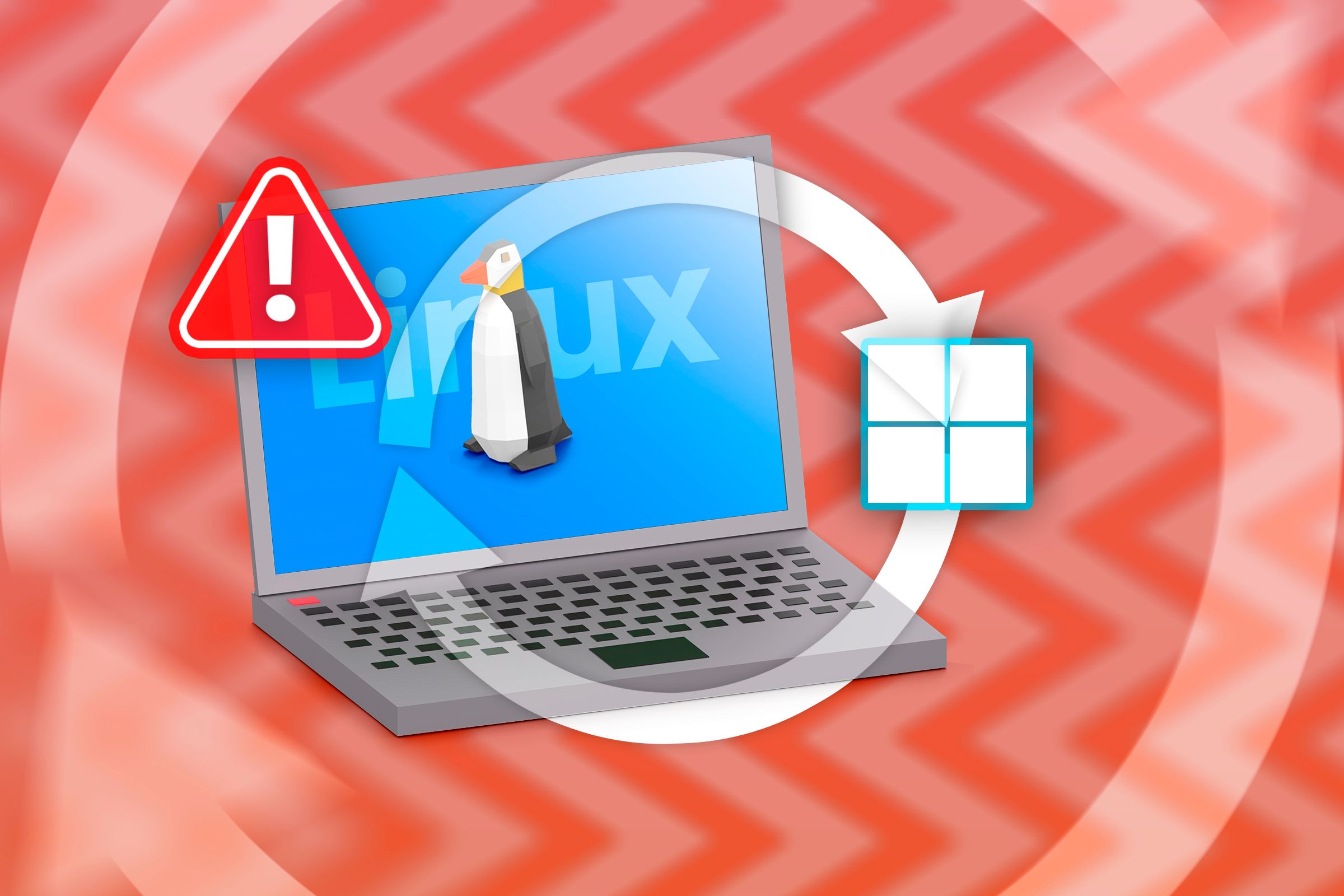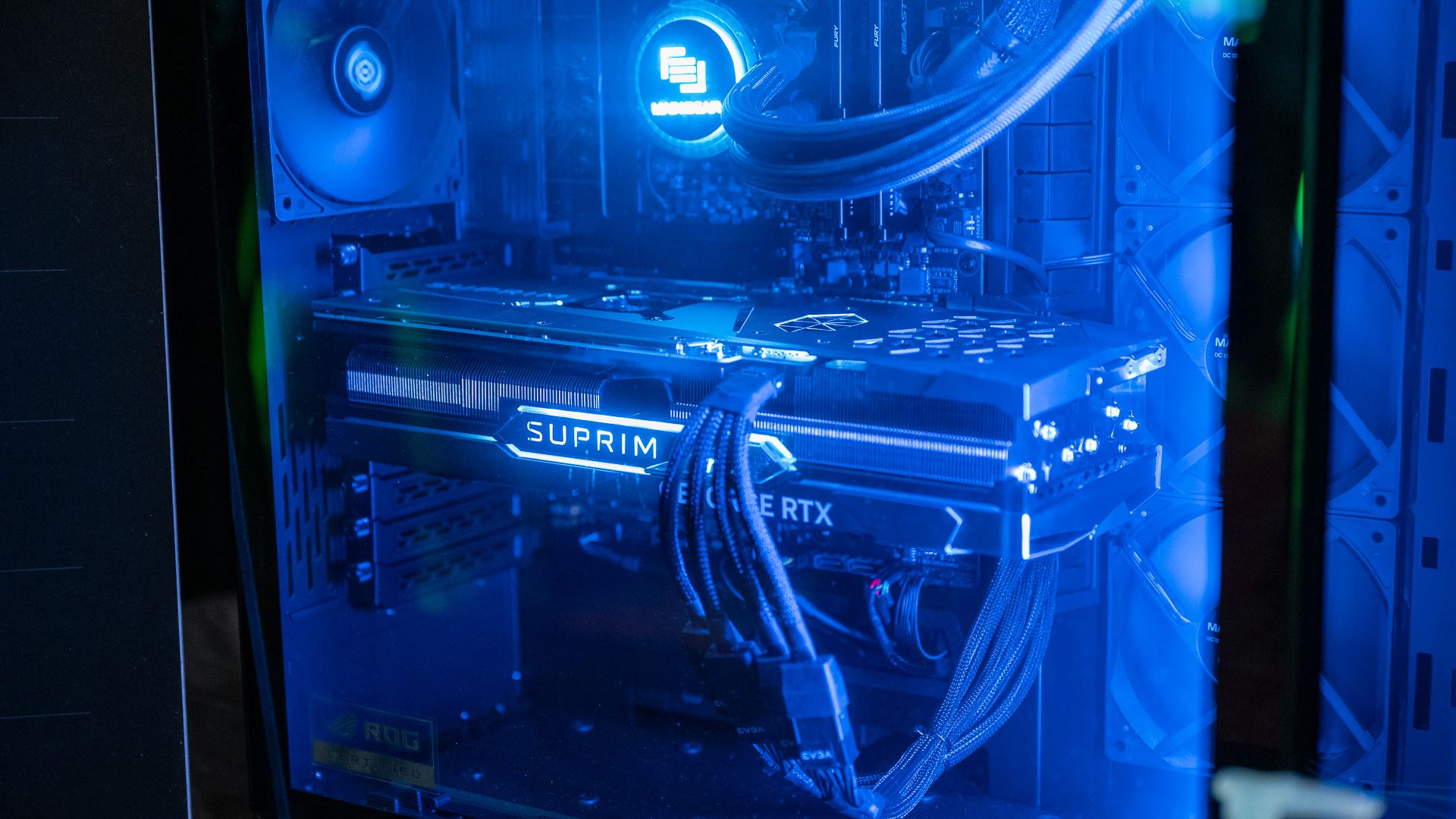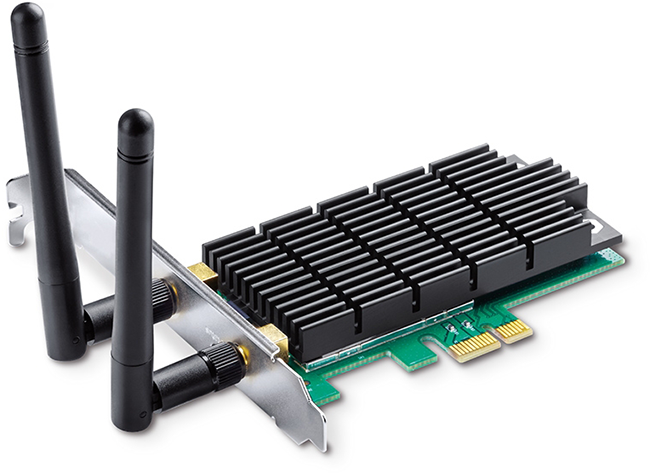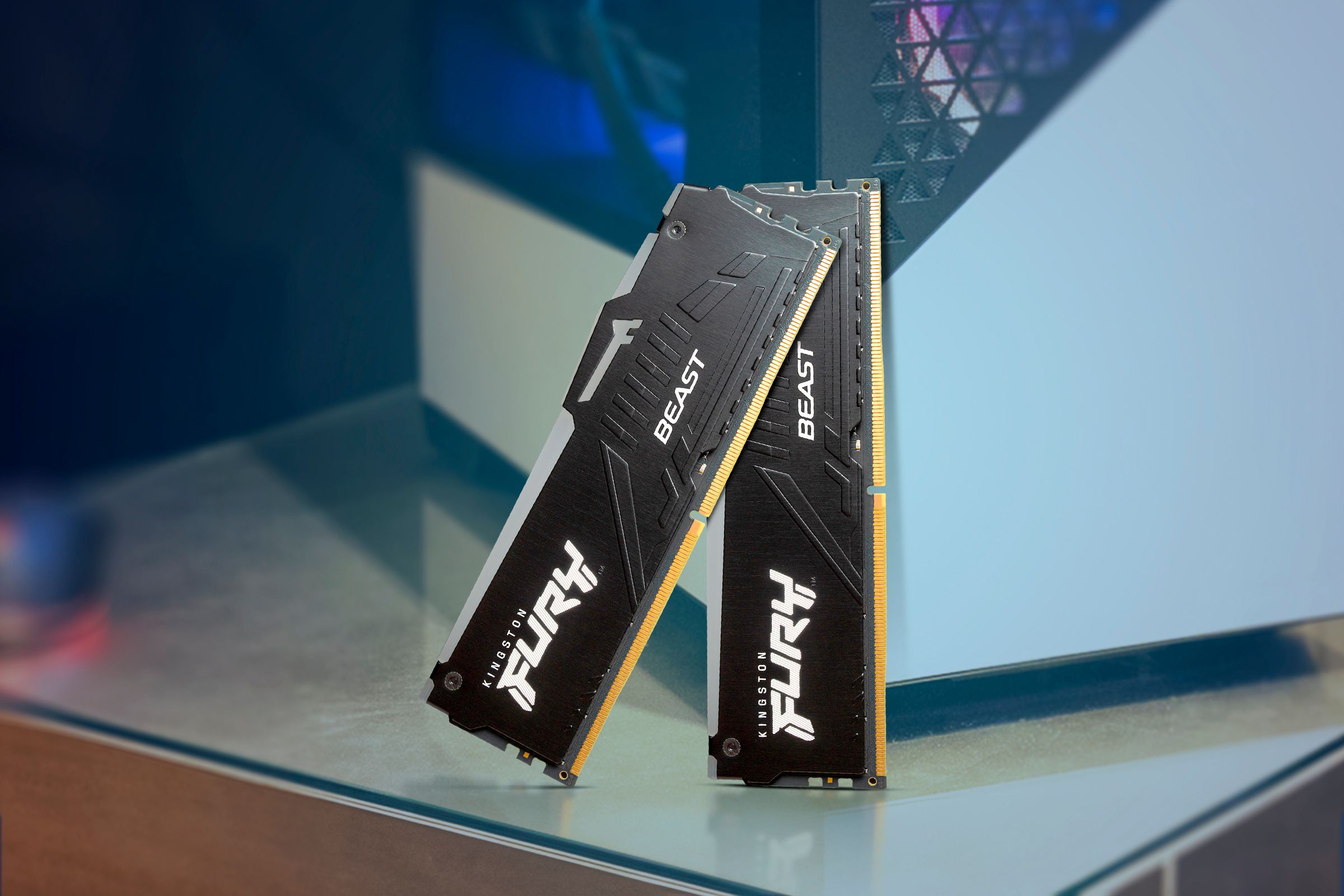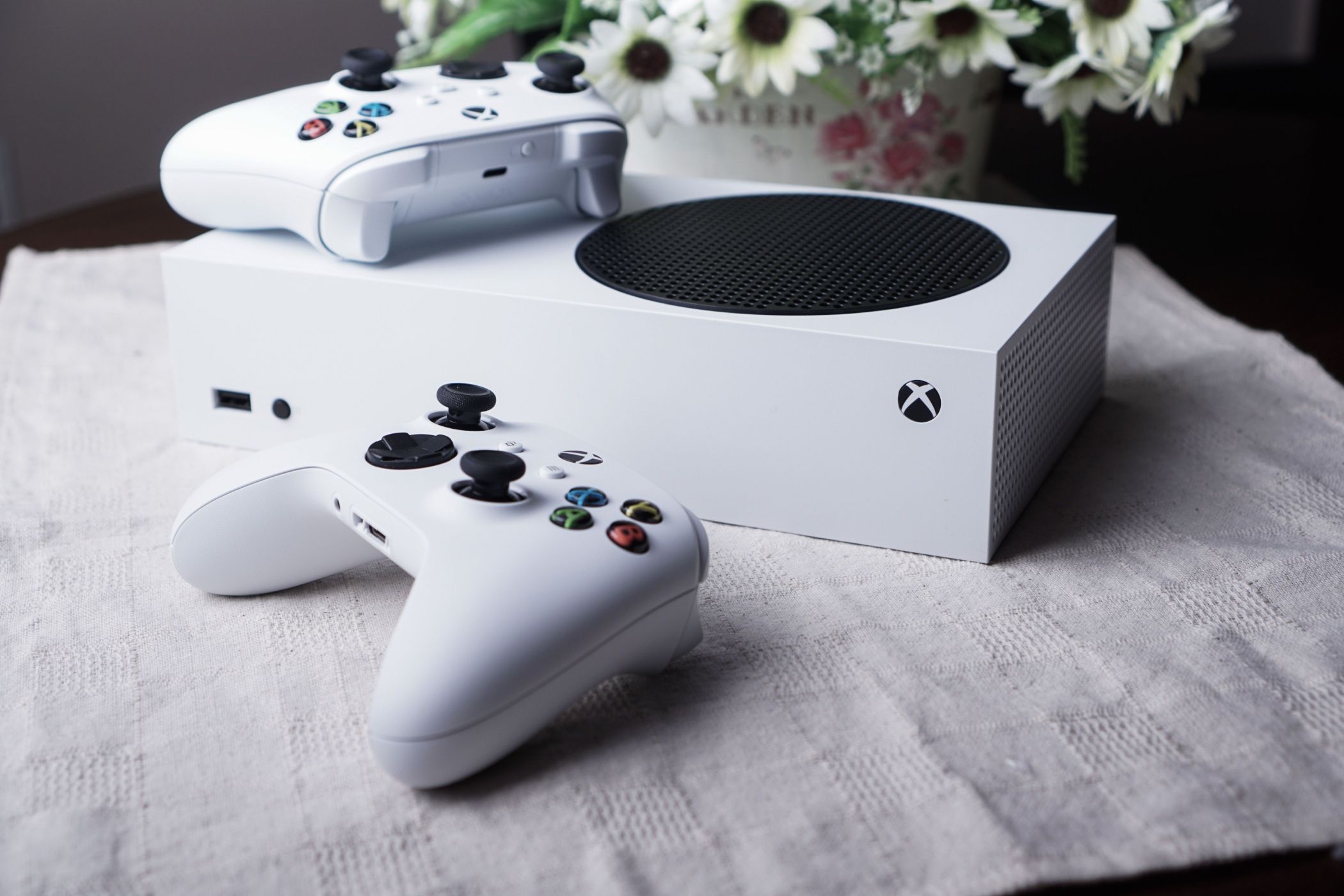You May Not Want to Switch to Linux for These Reasons
Open Source
Quick Links
-
Your Software Won’t Run on Linux
-
You’re a Hardcore PC Gamer
-
Your Hardware Doesn’t Have Linux Drivers
-
You Need Official Software Support
-
You Don’t Like Getting Your Hands Dirty
Before you say anything—Linux is great. I’ve been writing Linux advocacy pieces for more than a decade. Desktop Linux has come along by leaps and bounds, and has yet to reach its full potential. However, for those who have never used Linux in any of its flavors, there are still reasons to think twice before diving in.
1 Your Software Won’t Run on Linux
If you need to use specific software that doesn’t have a native Linux version, then that’s a pretty good reason not to use Linux. After all, in the end what really matters are the software apps we need.
That being said, there are plenty of ways to get Windows software (for example) running on Linux. The number-one stop for this is WINE which is short for WINE Is Not an Emulator. Oh those open source goofs with their recursive acronyms!
If your apps of choice have good ratings when it comes to solutions like WINE, then hey it might not be a problem. Of course, there’s no harm in trying it out for yourself, though I’d recommend using Linux in a Virtual Machine while you’re testing if your software will work or not. WINE is also just one approach to getting non-Linux software running. You could also use a virtual machine in some cases.
2 You’re a Hardcore PC Gamer
If you’re a PC gamer, Linux might not be for you. At least not yet. Linux can run many Windows games flawlessly these days thanks to projects like Proton, and Linux flavors like SteamOS are designed to take advantage of it as much as possible. Still, you don’t get the 100% compatibility and best performance you would using Windows. After all, you’re running the game through a compatibility layer. So, if you’re all about PC gaming, I’d say Linux is one to watch, but not yet one to embrace unless you know the only games you play will work.
3 Your Hardware Doesn’t Have Linux Drivers
When you first install your Linux distribution of choice, you may find that some things just don’t work out of the box. The common culprits are Wi-Fi, Bluetooth, and GPU acceleration features. Finding and installing drivers for Linux is easier than ever, of course, and a lot of hardware will just work out of the box, but in a Windows-focused world, you can expect to spend some time getting more obscure hardware to play nice, or at all.
4 You Need Official Software Support
If you run into issues with Windows or macOS, you have a customer support line you can call or email, which for many people is absolutely necessary outside our relatively small computer geek bubble. Linux, as an open-source operating system, has no central support channel. So you’ll have to visit forums or other user-supported resources to get the help you need.
That’s not to say that you can’t get dedicated Linux support! There’s an entire industry built around supporting Linux, such as Red Hat Enterprise or Ubuntu Pro, but these are generally aimed at enterprise customers, and not regular desktop users. So, whether you can switch to Linux would depend on whether the type of support you need is available or not.
5 You Don’t Like Getting Your Hands Dirty
I can already hear the comment section gearing up for this one, but let’s face facts—compared to Windows or macOS the chances that a Linux user will have to dip into the Terminal or spend time doing technical stuff that the average person just doesn’t want to deal with is far higher. Windows and macOS do a more aggressive job of hiding the nuts and bolts from their users, and it’s both a strength and a weakness of Linux in general that the inner workings are more exposed.
Remember that most people use computers as a means to an end—solving a problem or getting something done. The actual computer isn’t all that interesting to them. Linux is often like the weekend project car a lot of people have. Tinkering with it is sort of the point, but what most people want is a minivan that won’t break down even if you forget to change the oil on time. Desktop Linux for regular day-to-day users isn’t quite there yet.









